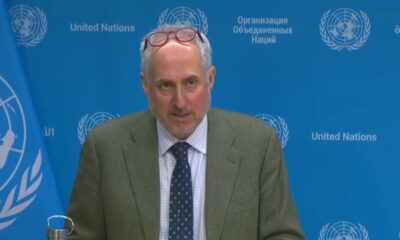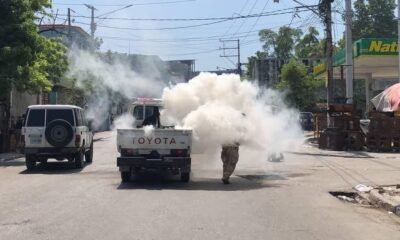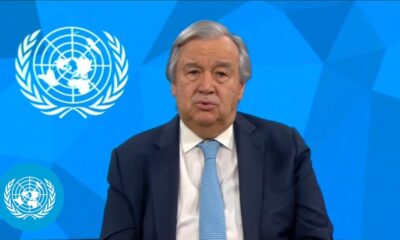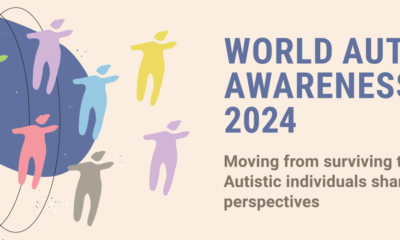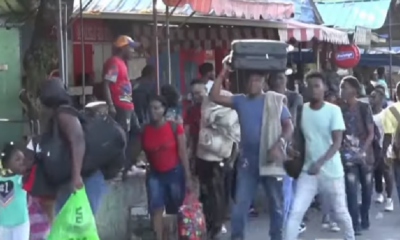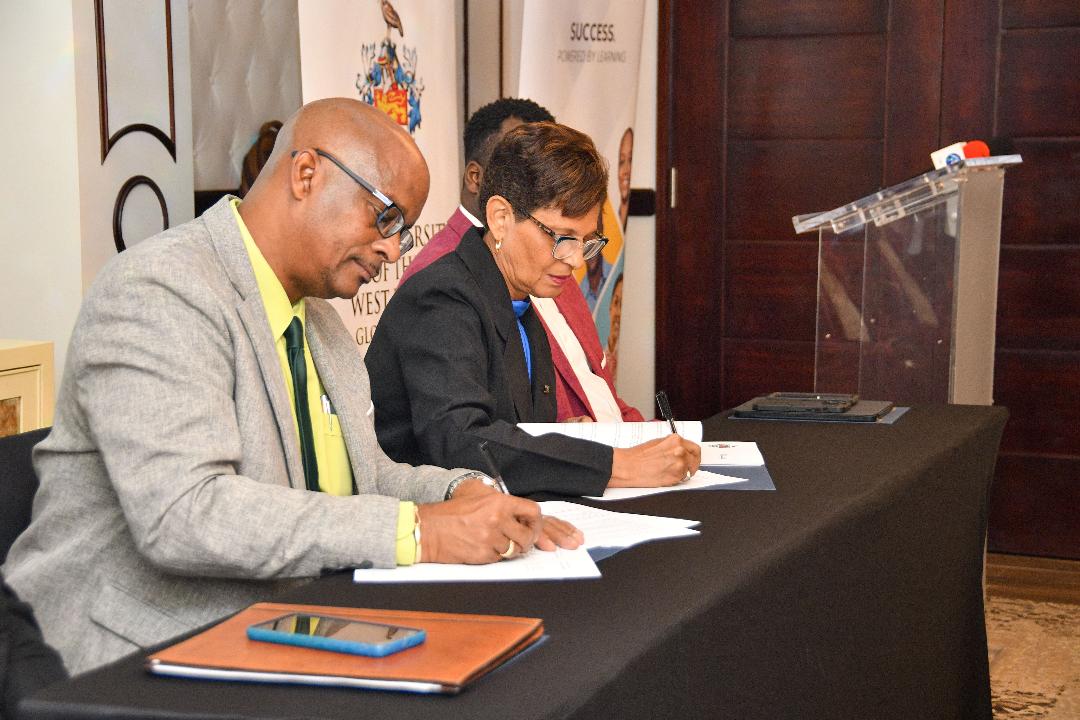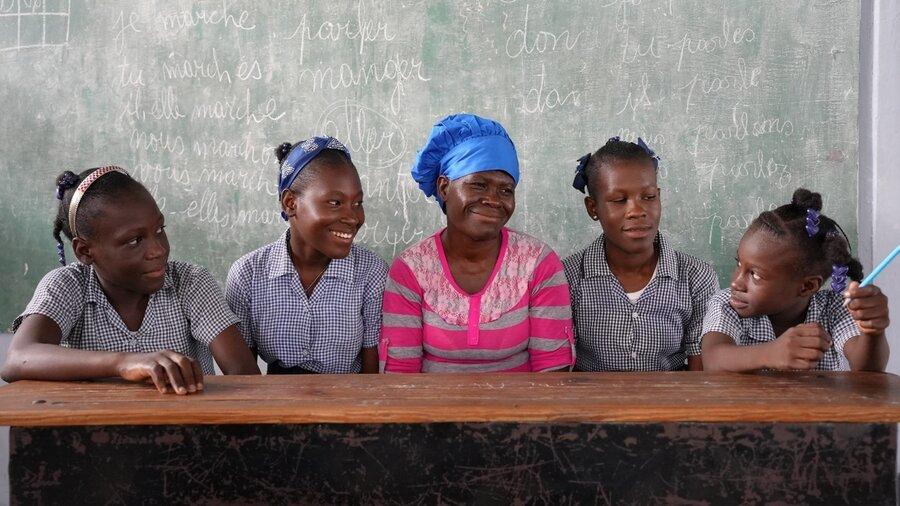Caribbean News
UN Security Council approves Sanctions to flush out Haitian Gang Leaders
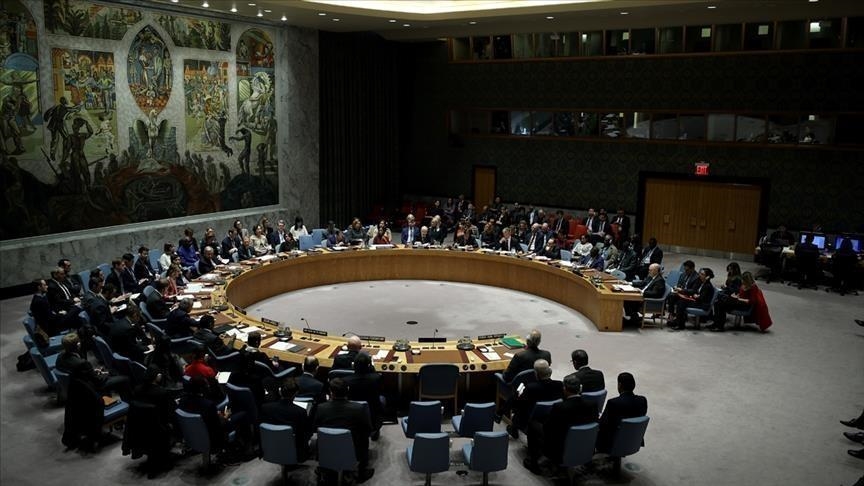
Caribbean News
Guyana Builds Defenses amid Venezuela Conflict
Caribbean News
SCU AND UWIGC FORGE PARTNERSHIP THROUGH MOU SIGNING ~Using AR, VR and XR to train and develop in the Caribbean ~
Caribbean News
Nearly 250,000 meals delivered to displaced Haitians by World Food Programme, UN reports
-

 Caribbean News1 week ago
Caribbean News1 week agoBarbados welcomes new aircraft
-

 News20 hours ago
News20 hours agoDR man rented Jet Ski nine days ago in Providenciales; where is he now?
-
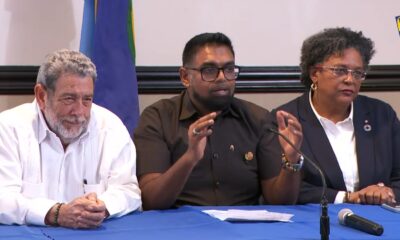
 Caribbean News1 week ago
Caribbean News1 week agoHaiti political update and Trinidad and Tobago not sending troops for mission
-
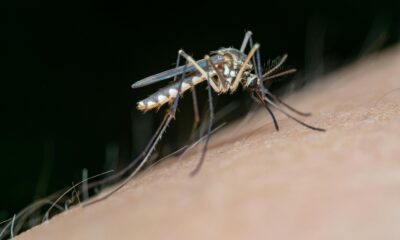
 Health1 week ago
Health1 week agoDengue passes 1000 deaths mark in Brazil
-

 Health1 week ago
Health1 week agoTURKS AND CAICOS ISLANDS PARTICIPATED IN EIGHTH MEETING OF NATIONAL HIV/AIDS PROGRAMME MANAGERS AND PANCAP SHARE FAIR
-

 Caribbean News3 days ago
Caribbean News3 days agoCARICOM, UN applauds published decree establishing Haiti’s Transitional Government
-

 Caribbean News6 days ago
Caribbean News6 days agoHaiti Gang Firearms more than Police – UN says where they come from.
-

 Health1 week ago
Health1 week agoChildren and Teens Vaping, Royal TCI Police say “IT IS NOT SAFE!”


